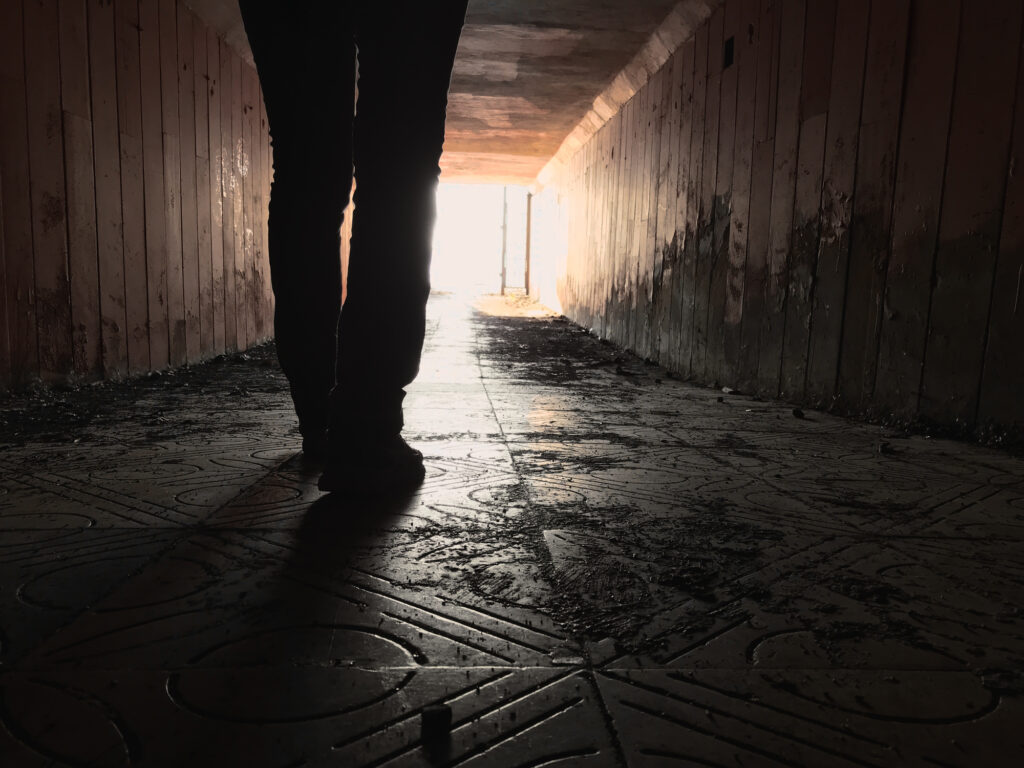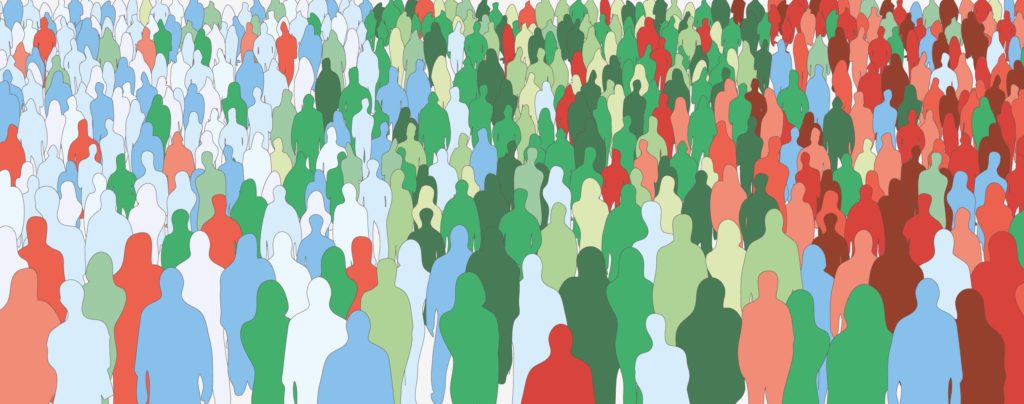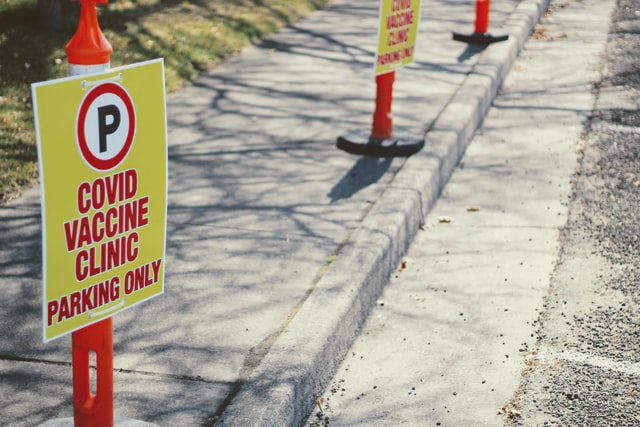
Community-Centered Approaches to Expanding Birmingham’s Broadband Infrastructure
In Alabama’s Black Belt, the digital divide has compounded issues related to racial discrimination, high poverty, and limited access to healthcare services. Nine counties in the Black Belt have less than 30% access to broadband, and even in Black Belt cities with established infrastructure, like Birmingham, many residents face cost... Read more

Developing a Regional Continuum of Care For Those Experiencing Homelessness
Seattle and King County rank in the top three areas in the country in homelessness on a per-capita basis, with more than 22,000 households and nearly 4,500 public school students experiencing homelessness in 2018 alone. And, unfortunately, homelessness has only worsened during the COVID-19 pandemic. The pandemic has also introduced... Read more

Rejuvenating Healthcare Workers by Creating an Organizational Culture of Wellness
Covid-19 disrupted the healthcare system and put healthcare workers across the country on the frontlines of the global pandemic that infected over 33 million Americans and took the lives of over 600 thousand Americans. Even before the pandemic, under usual working conditions, severe burnout syndrome affects as many as 33%... Read more

Building Healthier Communities by Establishing an Enterprise-Wide System of Care
The Los Angeles Department of Health Services (DHS) is the second-largest municipal health system in the nation, acting as a sprawling safety-net system, primarily serving Black and Hispanic and low-income populations – residents who are uninsured or covered by Medi-Cal. Despite continuous improvements DHS has undertaken to respond to changes... Read more

Ensuring an Equitable and Effective Long-Term COVID-19 Response in Harris County
During the COVID-19 pandemic, Harris County has managed over 381,000 cases and nearly 6,000 deaths. Under the direction of the County Judge’s Office, Harris County Public Health (HCPH) and other partners have worked tirelessly to slow the spread of infection and combat health inequities through free and accurate testing, case... Read more

Reducing LA County’s Jail Population by Scaling Rapid Diversion Programs
Los Angeles County operates the largest jail system and de-facto mental health facility in the United States, holding more than 17,000 people daily, nearly 30% of whom have a serious mental health disorder. Residents of color are disproportionately incarcerated, with Black residents accounting for only 9% of the total population... Read more

Scaling Diversion Programs to Reduce Incarceration and Improve Resident Health
Every year in the U.S., two million people with mental illness are booked into jails, leading to a cycle of incarceration for these individuals. One in three persons in the Orleans Justice Center Jail are treated for addiction or mental illness, and these individuals remain in the jail more than... Read more

Instituting a Coordinated County-wide Approach to Vaccine Delivery
Travis County recognizes that efficient and effective distribution and delivery of the COVID-19 vaccine is key to reducing case numbers. To that end, the County has hurried to launch mass vaccination sites and drive-thru clinics. It has now administered more than 861,000 doses of the vaccine, and data shows that... Read more

Building a Sustainable Center to Support the Reimagining of Travis County’s Criminal Justice System
Across the U.S., police departments have become the front line of mental health treatment, and jails and prisons are the primary caretakers. The Travis County Jail is one of the largest mental health providers in the county, with around 34% of the jail’s roughly 1,434 inmates having a mental health... Read more

Responding to Behavioral and Mental Health Crises without Law Enforcement
Throughout 2020 there were passionate pleas and emphatic demands for local governments across the country to examine police operations within their jurisdictions. In response, Durham city officials began examining public safety and community wellness needs and evaluating if city resources were aligning. Initial work included analyzing 911 call data and... Read more
